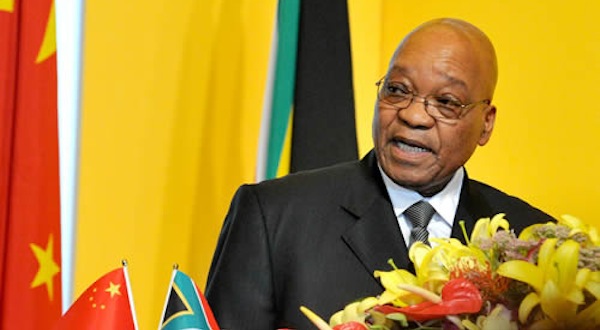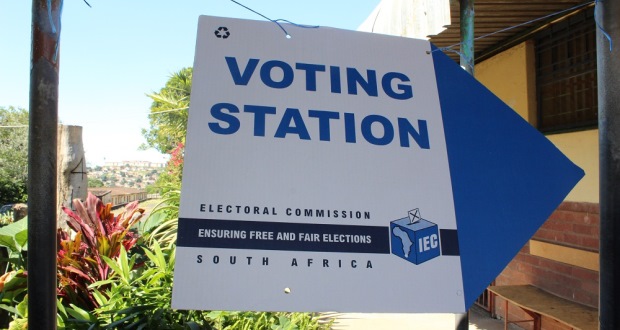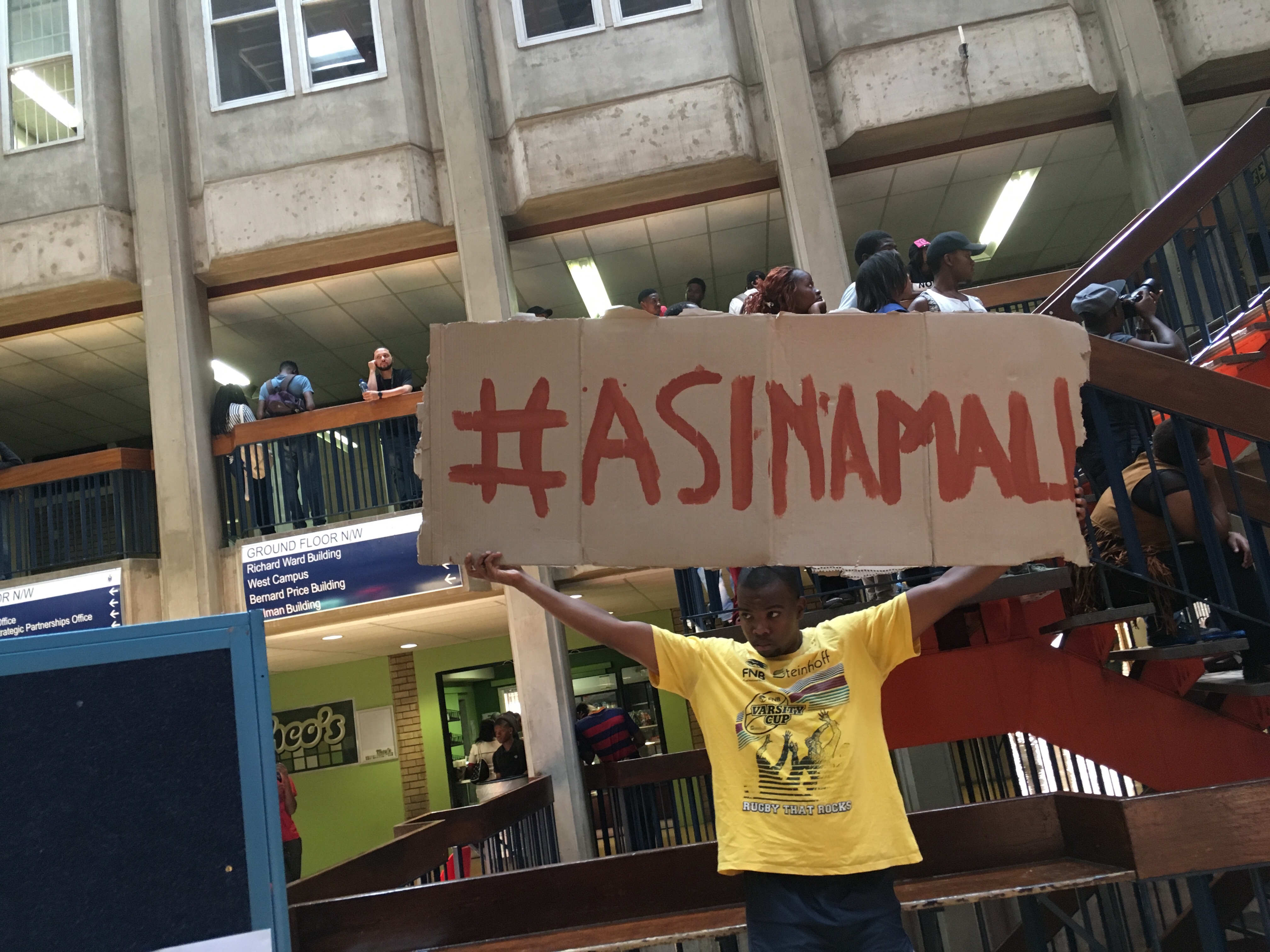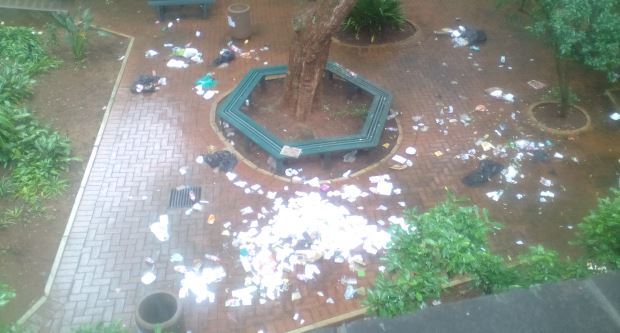On Sunday, new details emerged in the Sunday Times about President Zuma’s alleged involvement in the arms deal scandal, which channeled up to R70-billion that could have gone towards healthcare, housing or schools into buying submarines and helicopters, and lined the pockets of top government officials. Ajay Sookal, an attorney formerly employed by French arms giant Thales, revealed that the company had bankrolled Zuma, financing his legal fees during the arms deal probe, and providing him with expensive clothing, extravagant hotel stays and a R500,000 payment annually. The company also “donatedâ€Â €1-million to the ANC, Sookal said. So what exactly does this all mean, and how does it bode for our President?
1. Ajay Sooklal, the fixer
Sooklal is the man who allegedly worked as a fixer for Thales, ensuring that President Zuma received his expensive gifts. Sooklal is also the man who ratted out everyone in a court spat between him and Thales. So, why the sudden change of heart? Thales, despite their riches as a mega-arms company, allegedly owe Sooklal around R70-million in payment but have offered to pay him just R45-million instead. Now that Sooklal has handed in 1,358 pages worth of transcripts of testimony, Thales might be feeling a little heat. Maybe they should’ve taken a page out of the EFF’s book, and paid back the money.
2. What did Thales get out of it?
For their services rendered to Zuma, Thales walked away with some deep pockets. Zuma encouraged local projects to use Thales’s arms and electricity services. The company secured state contracts that included a R100-million agreement with Gautrain in 2007, a R95-million air traffic control deal in 2009, and a whopping R1.87-billion rail contract with the Western Cape in 2013. Oh, the riches.
3. What say you, dear president?
The Presidency responded to the latest corruption allegations with a response of just two paragraphs; in fact 89 words was all it took for Mac Maharaj to dismiss the accusations. The president’s spokesperson referred to the allegations as “rehashed†and said “nothing new†had been revealed. Maharaj then told everyone to go talk to the Seriti Commission of Inquiry, which is currently leading the arms deal investigation. Basically, talk to the hand South Africa.
4. A “gravely concerned†ANC
Members of the ANC, however, aren’t feeling quite as confident as their leader. ANC national spokesman Zizi Kodwa has said the ruling party is “gravely concerned†that corruption allegations have negatively affected the integrity of the party, leading to a loss of support.
“We must engage with allegations of corruption, even if they are factually incorrect,†Kodwa said.
It seems President Zuma and his party may have a few more boos to face, but history shows that meaningful engagement on this matter might take a while to come. After all, the arms deal drama dates back to 1999, and it’s now 2014.
5. What’s the big deal?
President Zuma has so far brushed off charges against him in the arms deal. After being accused of accepting money from his former financial advisor Schabir Shaik, the president responded saying Shaik was a pal, and the money paid was a personal loan. Shaik backed him up. But as Stephen Grootes writes, these new allegations shed light on a fair bit of bribery, and the president may find it harder to maneuver his way out of this one. As always, the prez seems to be unfazed, and with good reason too. The commission that’s meant to investigate him has grown farcical and pressure groups want it replaced.
No one knows if Zuma will ever find himself in court; he has mastered the art of dodging accountability.









